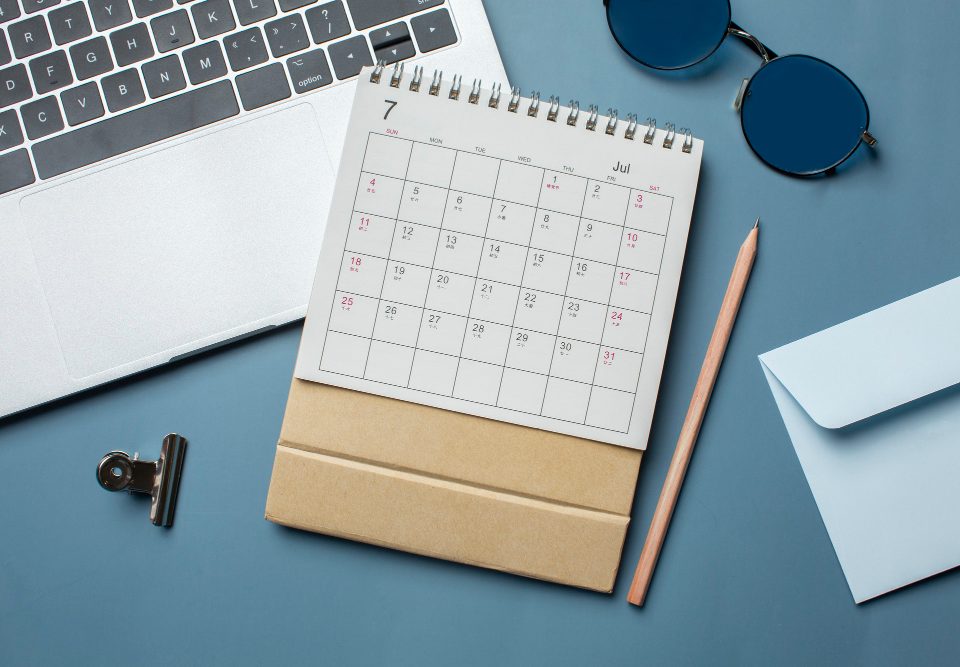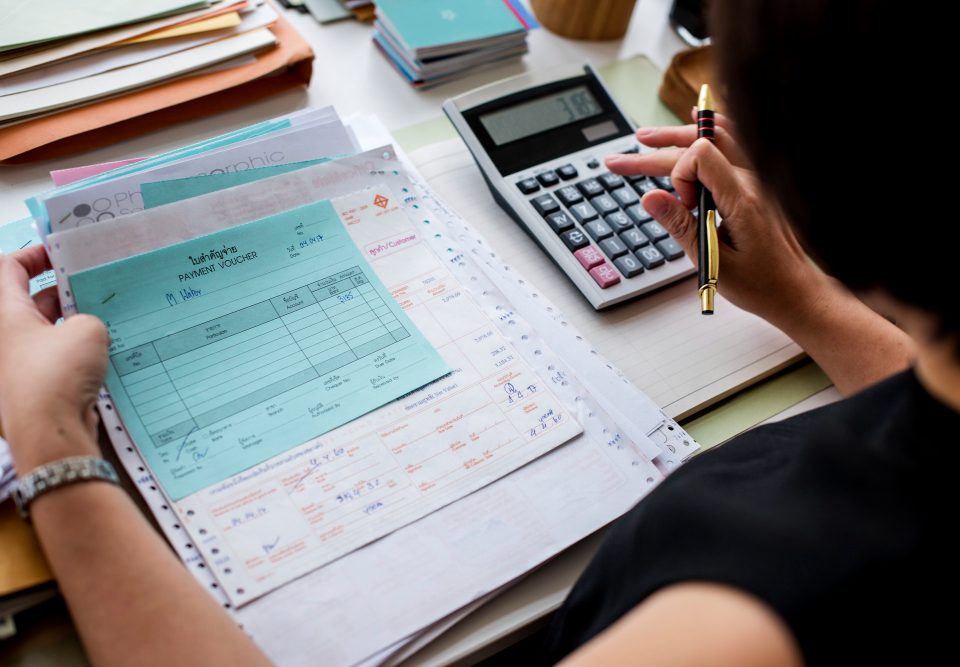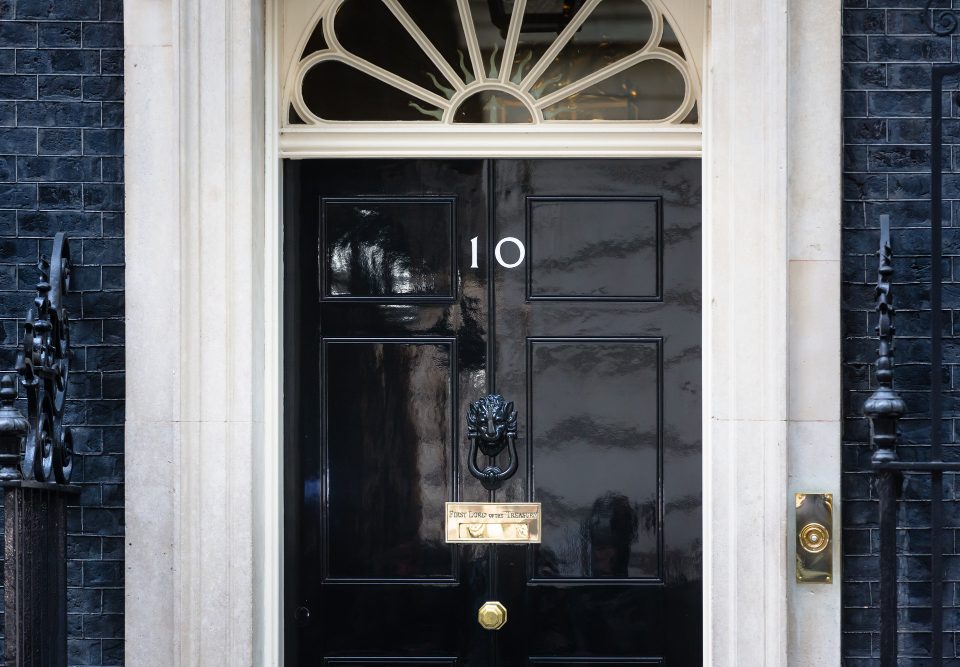If you’ve found yourself on this page, it’s probably because you’re wondering how exactly taxes work for self-employed professionals. Lucky for you, we have exactly the answers you need! Whether you’re relatively new to the self-employed title or you’re still weighing up your options and deciding if this is the route for you, our guide to self-employed taxes will help bring you up to speed on what’s required and how to do it.
Self-employment Tax
Self-employed individuals, such as sole traders and freelancers, are required to calculate their own taxes each year. This is because any income you make isn’t taxed at the source like in traditional employment where the employer would deduct taxes through PAYE. Self-employed workers must pay:
- Income Tax (IT)
- National Insurance (NI)
It’s important to note that you’ll only be taxed on your profits and not your overall income. What does that mean? Well, once you work out the total amount you earned over the year, you can then deduct all of your business expenses as well as your personal allowance (see below) from this total income. The remainder of income left after this is what is referred to as your profits. This is the number you need to use to calculate your taxes from.
Personal Allowance
A question we often get asked is – how much can I earn before I start paying income tax? Everyone is entitled to earn £12,570 without having to pay tax. This is called your personal allowance. Once you start earning over this amount, you’ll be eligible to pay IT. It’s important to note that your personal allowance remains the same even if you have more than one source of income; the allowance is per person, not per job. So whether you make money just from wages or a combination of wages, pensions, rental income, interest on savings, etc, you must add everything together before deducting how much tax you owe.
Be aware that NI thresholds are a lot lower; you start paying these once you earn over £242 per week.
Calculating Income Tax
Once you’ve deducted business expenses and your personal allowance, the remaining amount of your income is what you use to determine which band you fit into. You can find a breakdown of the tax brackets below:
- Basic rate taxpayers – this is when your taxable income is between £12,571 and £50,270, taxed at 20%.
- Higher rate taxpayers – taxable income is between £50,271 and £125,140, taxed at 40%.
- Additional rate taxpayers – taxable income is over £125,140, taxed at 45%. .
National Insurance Payments
National Insurance contributions go into a government fund that is then distributed between state benefits such as the NHS, pensions and sickness allowances.
When it comes to NI, the amount paid differs from person to person depending on their income. As mentioned above, you use your profits to find out which band you fall into and calculate how much you owe. All self-employed workers earning over £12,570 a year in profits have to pay NI, but this can be lower depending on your other income. You may find it useful to read about NI bands in more detail here.
In cases where your income falls below the NI thresholds, it may still be beneficial to pay some voluntary National Insurance Contributions to HMRC. This is to ensure you receive a qualifying year for state pension.
Paying Taxes When Self-employed
Now we’ve tackled the ‘what’, it’s time for the ‘how’. It’s likely that you’ve heard of a self-assessment tax return (SATR) by now. A SATR is a document that self-employed professionals fill out and submit to HMRC every year, along with making a payment for the tax they owe from the previous fiscal year (6th April to 5th April). For example, on January 31st (at the very latest!) you would be required to report income for April 2023 to April 2024. It’s the government’s way of making sure you declare your earnings. If the term is new to you, have a read of our blogs for first-time filers and self-assessment penalties.
Before you can do your calculations and file, you must register for self-assessment first. This needs to be done by October 5th to avoid late registration penalties. You then have the choice to file a paper submission by 31st October, or file online through HMRC’s portal by 31st January. The latter is the more popular option – not only do you have a few more months to prepare, you can also use handy software which makes the process easier. The deadline for paying your taxes is also January 31st.
Missed the deadline to register to file? Don’t worry, there’s still time to rectify that mistake! Get in touch with us and we’ll see what we can do to help.
Preparing for Self-employed Taxes
First things first, you must register as self-employed with HMRC. Failing to do so will result in fines so you should always aim to make your self-employed status official sooner rather than later. Once you’re registered, you can begin operating and thinking about your taxes.
The other golden rule of thumb is to be organised with your business records and receipts throughout the year – trust us, you’ll thank yourself later. Devising a solid filing system to keep track of your financial documents is one of the best ways to ensure a smooth filing process with no missing details and unwanted delays.
Lastly, entrusting an accountant goes a long way in helping you get to grips with all things tax when you’re self-employed. An expert eye could be the difference between smashing self-employed life and nights spent hunched over your paperwork with a calculations headache.
Get in touch
At Baa, we understand that making the jump to self-employment and suddenly having to get your head around how to do your own taxes can be startling without anyone to guide you through the basics. Our accountants are highly specialised professionals that have a wealth of experience working with newly self-employed people just like you. We won’t use any stuffy accounting language or hound you for unnecessary details. Our self-assessment filing service is straightforward and efficient, and our team approachable and knowledgeable.
If you want to clarify anything mentioned in this blog, or perhaps you still have more unanswered questions, all you need to do is contact us and we’ll be happy to guide you through what you need to know. Our team is always on hand!










